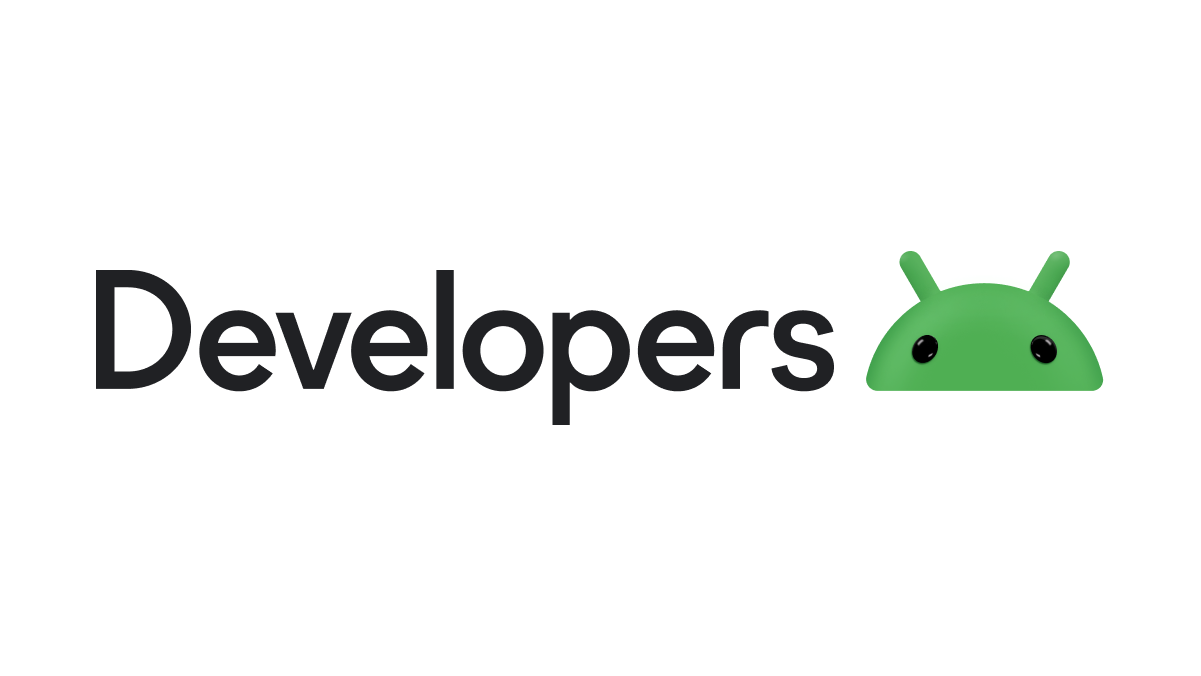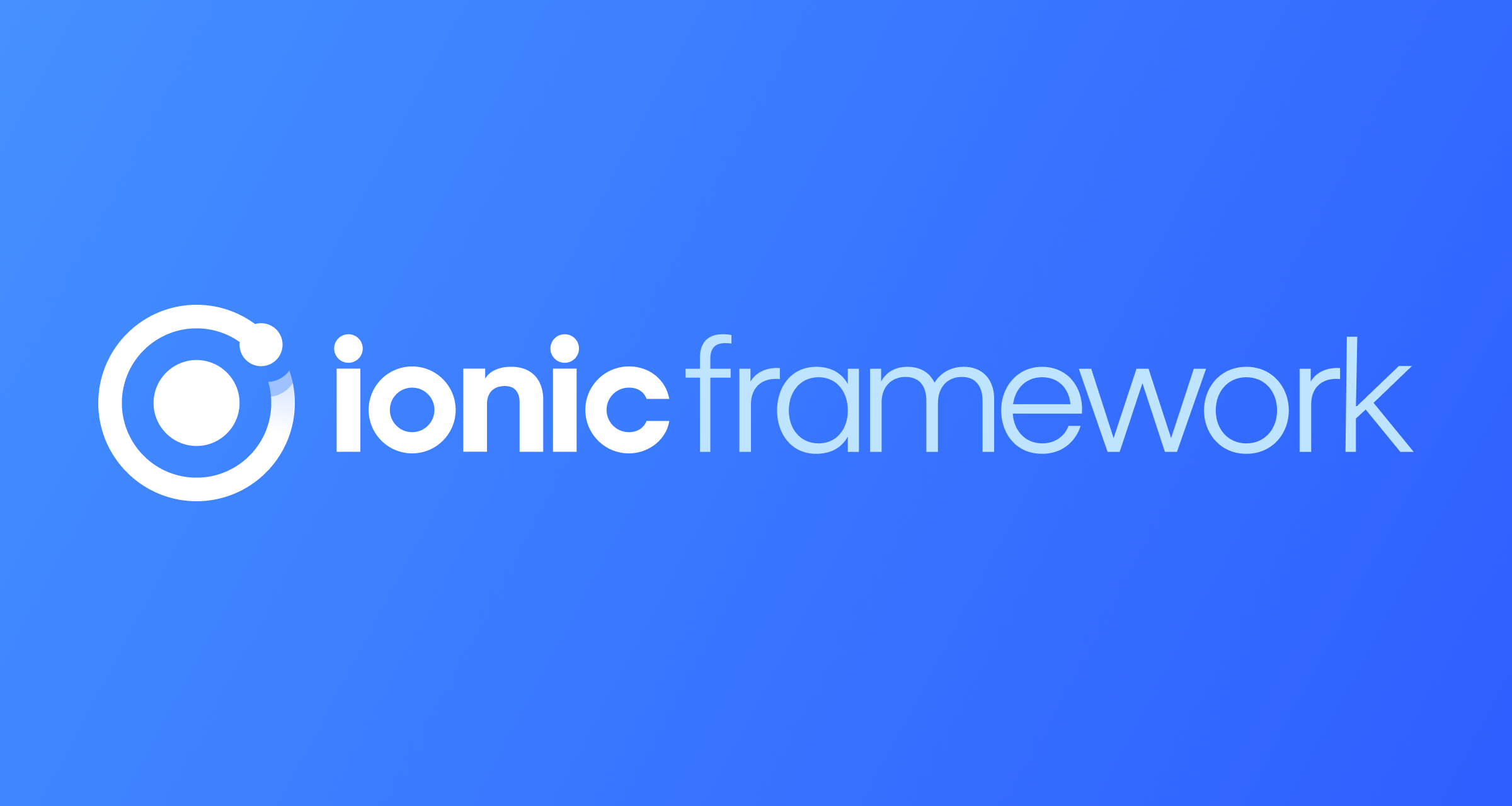Jimmy Higgins
Contributor
- Joined
- Jan 31, 2001
- Messages
- 50,524
- Basic Beliefs
- Calvinistic Atheist
I'm currently delving into Kotlin and Android as part of the first half of a software crisis that is software these days. I'm attempting to develop an app that ingests data into a database that can then be exported in CSV format via email. The exported format might change after the second half of the project but that'd be a year down the road.
The critical key for this app is to be completely upfront. No lists, lookups to browse through. Everything is within reach up front. So the UI is crucial. The UI for the competition is primitive at best and just bothers me so much. 1/4 of the effort is just skimming around to the location for entering data. NO COOL!
My question was just about generalized advice on Android development if anyone has any, from tablet compatibility to compatibility down the road with new Android releases. Or any other generalized things I should keep in mind when developing the UI.
The critical key for this app is to be completely upfront. No lists, lookups to browse through. Everything is within reach up front. So the UI is crucial. The UI for the competition is primitive at best and just bothers me so much. 1/4 of the effort is just skimming around to the location for entering data. NO COOL!
My question was just about generalized advice on Android development if anyone has any, from tablet compatibility to compatibility down the road with new Android releases. Or any other generalized things I should keep in mind when developing the UI.




